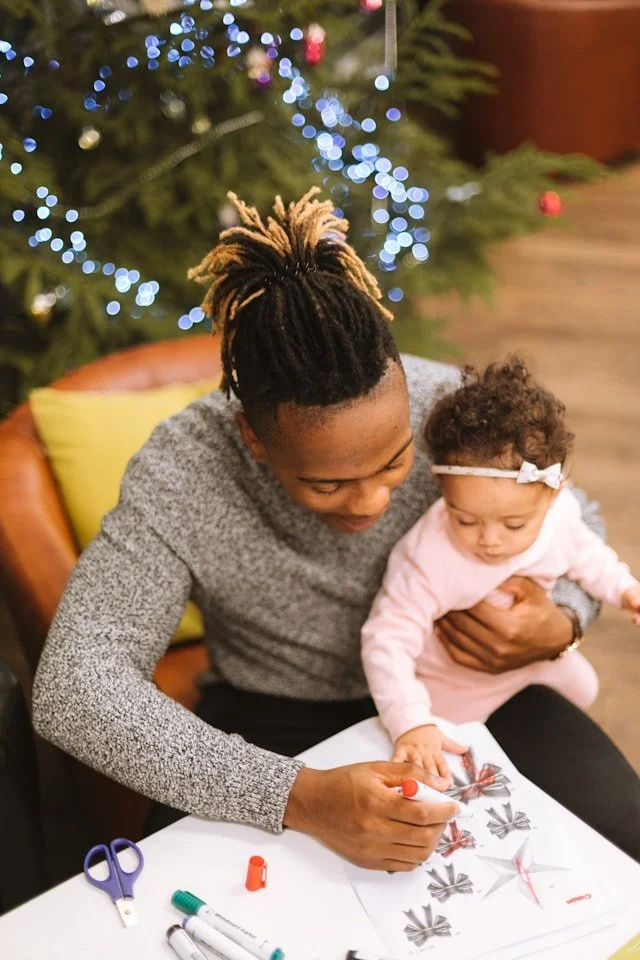This past week has been one of the hardest in my calling as a pastor. Within 24 hours we had three deaths in our congregation: one by cancer, one took his own life, and the other two by a murder-suicide.
There is no sufficient response to these tragedies on this side of heaven. There are no answers, no sense to be made of such senseless loss. There is only grief and the promise that God is sovereign and he grieves with us.














